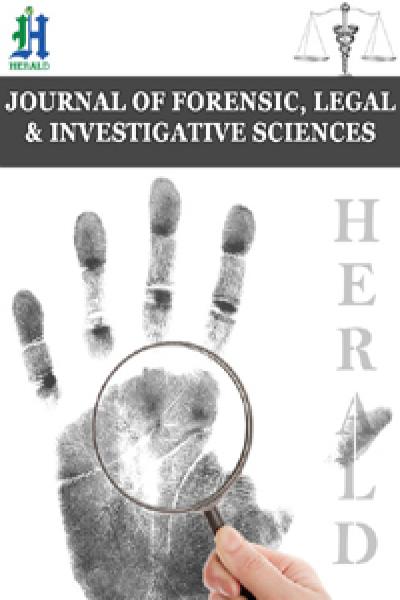
Ethics in Forensics and Law
Ethics in forensics and law is an essential area that explores the moral and ethical challenges faced by professionals in the forensic and legal fields. Ethical considerations in forensic science impact various aspects of investigation, including evidence handling, expert testimony, and the admissibility of forensic evidence in court.
Forensic professionals must adhere to strict ethical standards to maintain objectivity, accuracy, and impartiality in their analyses and testimonies. This includes avoiding bias, ensuring the integrity of evidence, and presenting findings honestly without exaggeration or omission.
Similarly, legal practitioners are bound by ethical duties such as confidentiality, competence, and a commitment to the rule of law. Ethical conduct in both fields not only safeguards the rights of individuals but also upholds the credibility of legal proceedings and reinforces the foundation of a just society. Studies examining the ethical implications of emerging technologies, such as digital forensics, genetic databases, and AI in criminal investigations, are especially encouraged.

